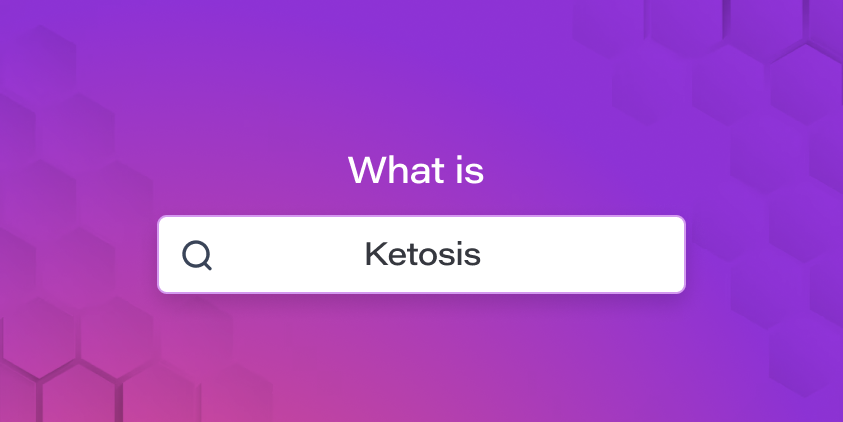🍎 Ketosis: A Comprehensive Exploration
This article was written in collaboration with Christine T. and ChatGPT, our little helper developed by OpenAI.

Definition
Ketosis is a metabolic state characterized by an increase in the number of ketone bodies in the body’s tissues, typically a result of a diet low in carbohydrates.
Related Terms
- Ketones: Chemical substances that the body produces when it does not have enough insulin in the blood and it must break down fat instead of the sugar.
- Ketoacidosis: A serious condition that can lead to diabetic coma or even death. While ketosis is a relatively safe state of metabolism, ketoacidosis is a medical emergency.
- Ketogenic Diet: A diet high in fats and low in carbs, which aims to get your body into a state of ketosis.
Synonyms, Definitions, and Examples
| Synonym | Definition | Example |
|---|---|---|
| Ketogenic State | An alternative term for ketosis, indicating the same metabolic state. | With the implementation of a ketogenic diet, the patient entered a ketogenic state. |
| Ketone Body Production | A phrase describing the bodily process occurring during ketosis. | Ketone body production increases during periods of low carbohydrate intake. |
| Lipolysis | The breakdown of fats and other lipids to release fatty acids, which can lead to ketosis if carbohydrates are not available for energy. | In the fasting state, lipolysis occurs, which could potentially lead to ketosis. |
Assessment Techniques and Tools
Ketosis can be detected through urine or blood tests, which measure the amount of ketone bodies in these fluids. Breath tests are also available, which measure the amount of acetone (a type of ketone body) in the breath.
Assessment Frameworks
The assessment of ketosis can be conducted in a general examination of the patient’s dietary habits, nutritional status, and symptoms, with additional diagnostic tests if needed.
Assessment Documentation
Documentation of a ketosis assessment should include the patient’s dietary history, results of any tests conducted, symptoms, and planned treatment or dietary modifications.
Legal and Ethical Considerations
Healthcare professionals should ensure that patients are fully informed about the implications of a ketogenic diet and potential for ketosis, including the risks and benefits. The management of ketosis should always be done in the best interest of the patient.
Real-Life Examples or Case Studies
Case Study 1: A patient with type 1 diabetes forgot to take their insulin, leading to the development of ketoacidosis. Immediate medical intervention was required to stabilize the patient.
Resources and References
- Dietary ketosis enhances memory in mild cognitive impairment – NCBI
- The truth behind the most popular diet trends of the moment – Mayo Clinic
Conclusion
Understanding ketosis is vital, especially for those practicing or considering a ketogenic diet. With knowledge, healthcare professionals can better assist patients in managing and understanding this metabolic state.
